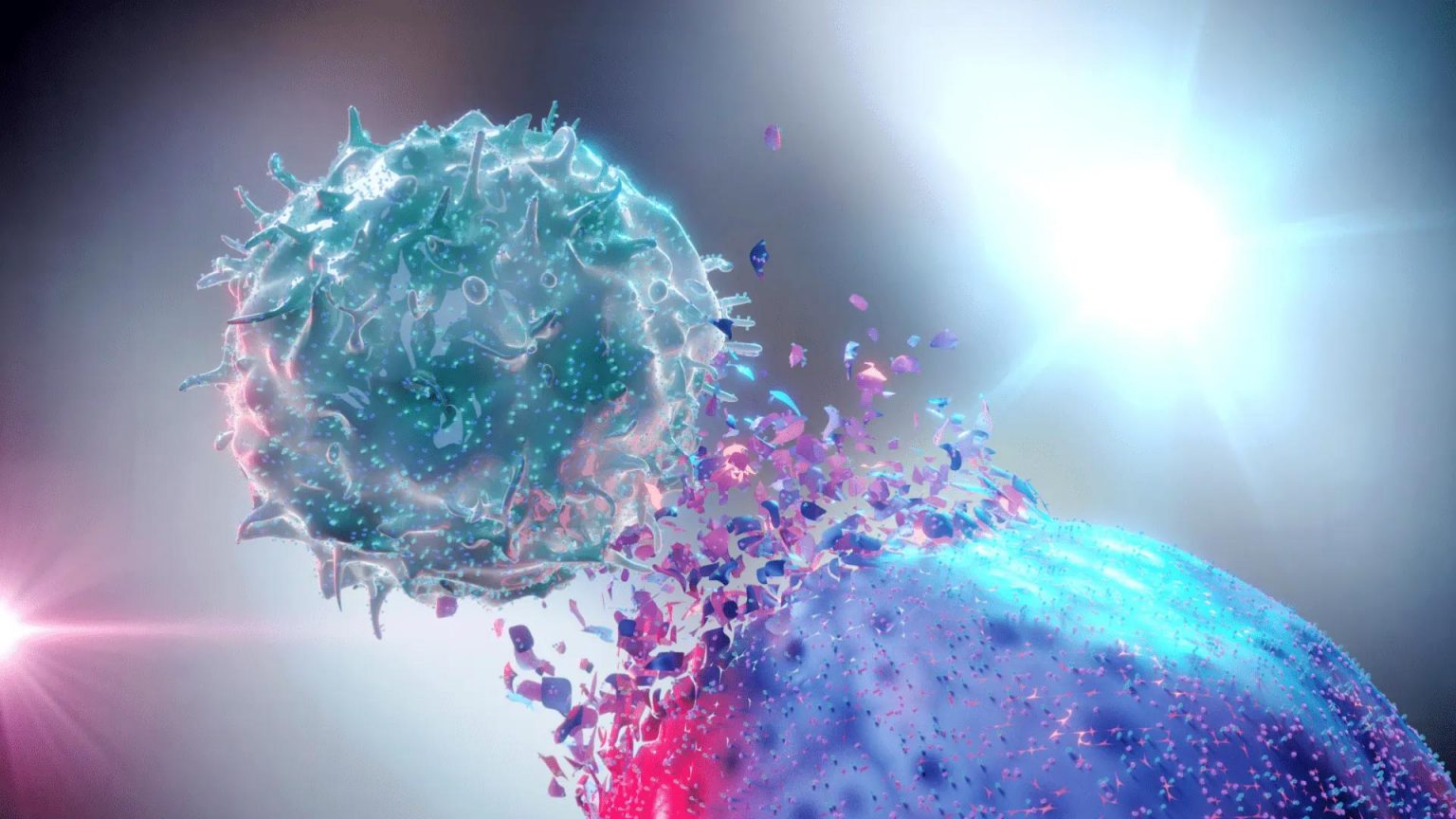Scientists Unlock Cancer's Hidden "Kill Switch" in Groundbreaking Discovery
A team of researchers from The Jackson Laboratory (JAX) and UConn Health has made a revolutionary breakthrough in cancer treatment by discovering how to ...

How Cancer Hijacks RNA Splicing
RNA splicing works like a film editor cutting and rearranging scenes to create different movies from the same footage. Similarly, cells modify RNA to produce different proteins from a single gene. However, cancer corrupts this process, altering splicing patterns to fuel tumor survival.
The key lies in “poison exons”—tiny genetic segments that act as natural "off switches" for harmful proteins. Normally, when included in RNA, they trigger its destruction, preventing uncontrolled cell growth. But cancer cells suppress these exons, particularly in the **TRA2β gene**, leading to excessive protein production and aggressive tumor proliferation.
Restoring the Kill Switch with ASOs
The researchers found that **antisense oligonucleotides (ASOs)**—synthetic RNA fragments—can force cancer cells to reincorporate poison exons, effectively shutting down tumor growth signals.
- ASOs rapidly boost poison exon inclusion, tricking cancer cells into self-destructing.
- Unlike CRISPR (which completely removes TRA2β and fails to stop tumors), ASOs work like a "rheostat," precisely adjusting protein levels.
- This approach may also trap other cancer-promoting RNA-binding proteins, creating a toxic environment for tumors.
A Potential Game-Changer for Aggressive Cancers
The study links low poison exon activity in TRA2β to poor outcomes in breast cancer, brain tumors, leukemia, and more. ASO therapy could offer a highly targeted treatment with minimal side effects, particularly for resistant cancers like **triple-negative breast cancer**.
Next Steps
While further research is needed to optimize ASO delivery, early results suggest a promising path toward **RNA-based cancer therapies**.
Funding: Supported by the **National Institutes of Health** and the **NCI-designated JAX Cancer Center**.